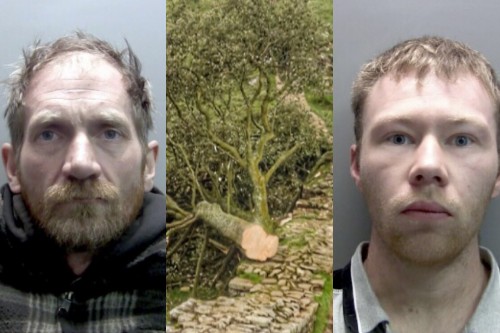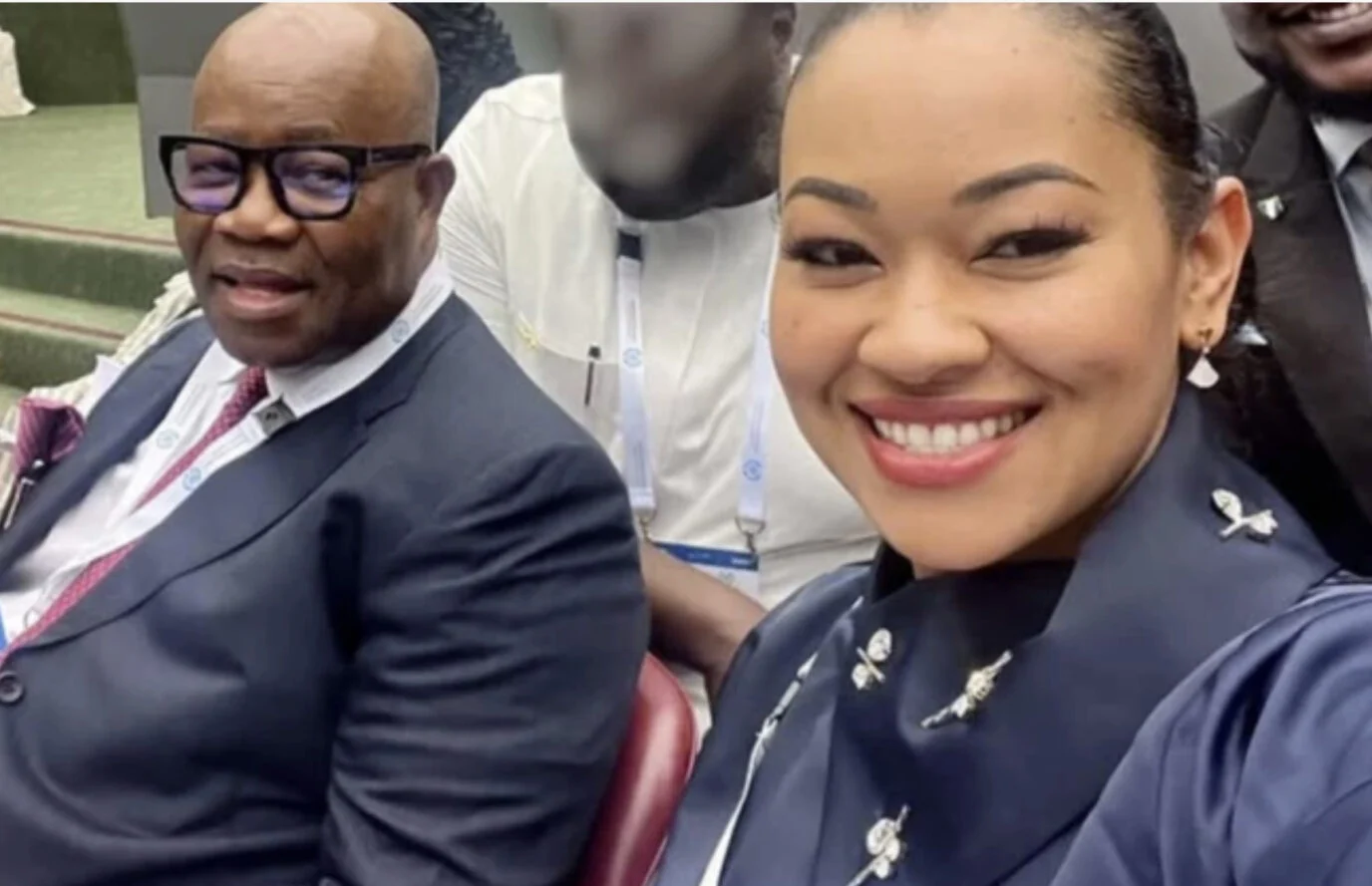At 70, family and friends had looked up to Lamidi Oke, a farmer from Olorunda village, Oyo State, for survival, until last Monday when a trigger-happy Customs officer dashed their hopes. Punch Reports. The septuagenarian was allegedly shot dead by the officer while he was trying to intervene in an argument between some Customs operatives and youths in the community over a barrier erected on a road within the neighbourhood.
It was learnt that the villagers put up the barrier – two poles on both sides of the road with a bamboo placed across them – to curb the recurring accidents caused by reckless motorists plying the route. It was gathered that a team of six Customs officers in a Hilux van got to the spot around 12:00pm and saw Lamidi and his younger brother, Muritala Oke, who were returning from the farm.
The officers were said to have ordered 66-year-old Muritala to remove the barrier so they could pass. But the man declined the order, telling them that motorists usually opened the barrier themselves and mounted it back after leaving the spot. Enraged by the man’s response, the officers reportedly disembarked from their operational vehicle and uprooted the barrier.
Muritala, who spoke to our correspondent on Thursday, stated that some youths met the officers in the act and challenged them. He said the officers responded by shooting indiscriminately, during which the deceased intervened to make peace.“As my brother and I were returning from the farm that day, we met the Customs officers in a van at the spot where the barrier was mounted. They asked us why we mounted the barrier and I explained to them that many residents, especially children had been knocked down by speeding vehicles. Till now, a resident, whose leg was broken in an accident on the road, is at the University College Hospital, Ibadan.
“They shouted at me to remove the barrier and asked if I did not know they were in a government vehicle. I explained to them that it is drivers who remove the barrier and place it back. I told them that policemen also ply the road in their vans and remove the barrier the way other drivers do.“Five of them pulled over in anger and started destroying the barrier. They resorted to shooting as some youths tried to caution them.
“My late brother sent the youths away and tried to plead with the Customs officers. The sixth officer, who appeared to be their team leader, came down from the vehicle and shot my brother directly in the chest. They hurriedly entered their van and fled. They were in uniform and Nigeria Customs Service was written on their van. We did not get to the hospital before he died.”
It was learnt that the incident was reported at the Ojongbodu Police Station and was later transferred to the police headquarters in Iyaganku, Ibadan. The deceased’s first child, Gafar, who lives in Abuja, said his father had called him on the telephone that Monday morning, adding that he was shocked when he got a call that the man had been shot dead.
He said, “I visited home (Oyo State) and was supposed to return to Abuja on Monday. He called me early in the morning and I told him I wanted to get something for my wife and would go back to Abuja the next day. To my surprise, I was called around 12:30pm that my father had been shot dead by a Customs officer. I didn’t believe it until I saw his corpse.
“He was buried on Wednesday. We cannot forgive those customs officers for many reasons. One, my father was an easy-going person. He was a generous man and the breadwinner of the family. I could not remember the last time I gave him money. One of my siblings had abandoned his wife and children. It was my father who was taking care of his wife and the children.
“We may not be able to get justice, but we will forever curse them because they have brought sorrow to our family.”The distraught widow, Adijatu Lamidi, said it was “extremely painful” to lose Lamidi in such a cruel circumstance, lamenting that she would live the rest of her life with the sad memory.
“My husband didn’t tell me he was going to die when he bid me goodbye on Monday morning on his way to the farm. He called me on the telephone when he got to the farm. I could not believe that would be our last conversation,” the 60-year-old added painfully.
A resident, Afudol Jaleel, who said the Alafin of Oyo had waded into the case, told Saturday Punch that two expended bullets were recovered from the scene of the incident. He said the barrier was erected after a consensus was reached between the villagers and motorists who usually plied the road.
“I am wondering why the officer would shoot the elderly man, who was trying to make peace. The police from Iyaganku came to inspect the scene of the incident on Thursday. A representative of Alafin of Oyo was also at the scene for assessment.“Apart from the two expended bullets recovered by the police, we had already picked six bullets from the scene and taken them to the police,” Jaleel said.
When the Oyo State Police Public Relations Officer, Adekunle Ajisebutu, was contacted on Thursday, he said he was aware of the incident and promised to get back with details. He had, however, yet to do so as of press time.
Several calls put across to his line rang out and he did not reply to a text message sent to his phone. The spokesperson for the Nigeria Customs Service, Oyo/Osun Command, Abdullahi Lagos-Abiola, said the police had written to the agency on the incident.
“But so far, I don’t know how authentic that incident is. We have contacted all our men; we don’t have such an incident. One thing again is that, officers from the headquarters or Federal Operation Unit can come in and operate without seeking the permission of the command.“As far as our officers in Oyo/Osun Command are concerned, we don’t have such a case,” he added.

 BIG STORY4 days ago
BIG STORY4 days ago
 BIG STORY5 days ago
BIG STORY5 days ago
 BIG STORY4 days ago
BIG STORY4 days ago
 BIG STORY19 hours ago
BIG STORY19 hours ago
 BIG STORY4 days ago
BIG STORY4 days ago
 BIG STORY4 days ago
BIG STORY4 days ago
 BIG STORY5 days ago
BIG STORY5 days ago
 BIG STORY3 days ago
BIG STORY3 days ago




















